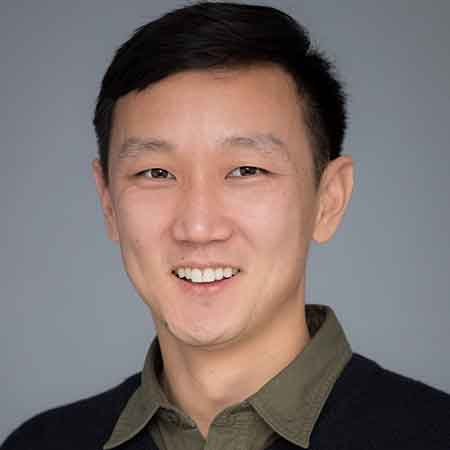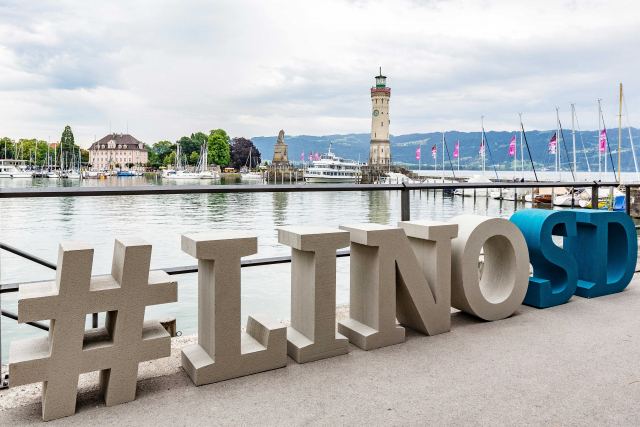29/06/2020 | On 30 June, marine ecophysiologist Dr. Steve Doo from the Leibniz Centre for Tropical Marine Research (ZMT) will give a virtual talk as part of this year’s Online Science Days organised by the Lindau Nobel Laureate Meetings. Back in March, Dr. Doo, a postdoctoral researcher in the working group Geoecology and Carbonate Sedimentology, was invited to attend the prestigious meeting composed of more than 600 of the world’s best young scientists. During this week, the young scientists were scheduled to meet and interact with many Nobel Laureates. Due to the Coronavirus pandemic, proceedings have now moved online. The idea of the Online Science Days 2020 is a digital exchange between different generations, cultures, and disciplines. More than 1,000 young scientists and young economists from 107 countries will participate in the Online Sciences Days 2020 from 28 June to 1 July. They will be joined by 37 Nobel Laureates.

Steve Doo is part of a group of 24 young scientists representing the next generation and presenting “best research submitted by young scientists, young economists and alumni” as stated on the Lindau Nobel Laureate Meetings website. He will hold his talk in the Next Gen Science IV section on 30 June from 12:30 - 13:30 CEST. Following the Next Gen Science session there will also be a virtual Expo / Networking event with all the presenters (13:30 – 14:30 CEST).
His presentation titled “Attributing climate change impacts on coral reef ecosystems” will be on understanding the complexities surrounding climate change impacts on coral reef ecosystems. Steve will focus on two studies that increase our understanding of how complexities within coral reef ecosystems have the potential to increase resilience.
In the first study, he documents how large benthic foraminifera (an important calcifier on coral reefs) have the ability to increase their resilience to climate change stress through interactions with algal substrata. In the second study, Steve highlights a novel in situ CO2 dosing system he developed to understand how ocean acidification will impact coral reef communities.
Steve Doo says: “I am incredibly grateful and excited to be given this unique opportunity to present my research at the Online Science Days as part of such an esteemed science community attending the Lindau Nobel Laureate Meetings. In my presentation I aim to highlight the expanding techniques that coral reef researchers can use to better understand how these complex ecosystems will be altered by climate change.”
Highlights of the talks will be made available in the organisers’ mediatheque afterwards. If you want to join live, please check this link: http://science-days.org/participation/
More information on the programm-Info: http://science-days.org/programme/
About Open Science Days
From 28 June to 1 July the scientific world will gather for the Online Science Days 2020 of the Lindau Nobel Laureate Meetings. Normally, the two meetings planned for 2020 would have been held in Lindau, and Germany would have had the pleasure of welcoming hundreds of the world’s best young scientists as well as many Nobel Laureates. This year, participants will gather online instead, for a digital exchange between different generations, cultures, and disciplines. Nobel Laureates, young scientists and young economists originally selected for participation in the 2020 meetings, and the Lindau alumni from the last 70 years will take part in this interactive meeting.





